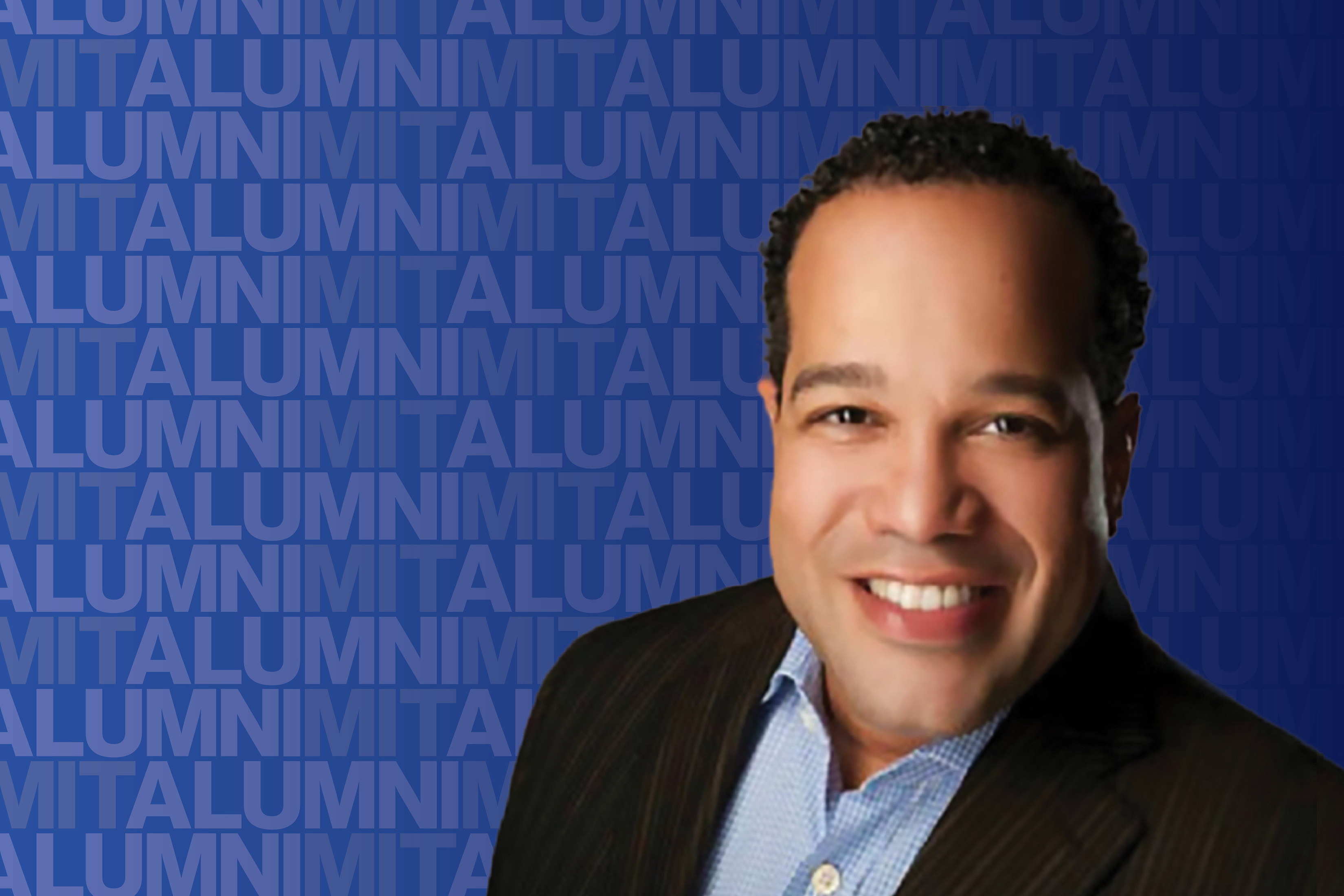Triumphing over Adversity
-
-
MIT Technology Review
Filed Under
Recommended

Dale LeFebvre ’93 didn’t have much growing up in Beaumont, Texas, but he did have ambition, a strong work ethic, and good friends.
One pushed him to take the PSAT and got him interested in a free summer program for high school students: MIT Introduction to Technology, Engineering, and Science (MITES). “When I went to MITES, it was the first time I’d ever been on an airplane, the first time I was with people who wanted to do their schoolwork,” LeFebvre says. “When I left, it was withdrawal.”
Still, he thought MIT was unaffordable and planned to attend the University of Texas instead. Then he won a scholarship from Bell Labs, and some friends from MITES urged him to try for MIT. If he hadn’t come to the Institute, he says, “my whole life would have been different.”
When you don’t know what you want to do, you can spend a bunch of time figuring it out or set yourself up to do everything.
LeFebvre majored in electrical engineering and went on to become an entrepreneur, an inventor, and the founder of the private equity firm 3.5.7.11. A philanthropist and patron of the arts, he is also a passionate cook who made headlines for serving President Obama strawberry topped hot dogs at a fundraiser. He has entertained Oprah Winfrey as well.
During his time at MIT, however, he was still finding his path—a task made harder when a fire destroyed his dorm room in his senior year. Having lost everything, he had to scramble to finish his degree. “I had to graduate in four years, because the scholarship was only four years,” he says.
About a week after the fire, LeFebvre took the Law School Admission Test. “When you don’t know what you want to do, you can spend a bunch of time figuring it out or set yourself up to do everything,” he says—and he has always preferred the latter approach.
He dreamed of perhaps becoming a Supreme Court justice, but first he had to make some money. “While it sounds crude, when you don’t have money, you want money,” he says. He went to work at the consulting firm McKinsey and there forged a new career goal: to work in private equity.
To gain credentials, he went to Harvard, where he simultaneously earned his MBA and law degree in 1999. “I did debate whether to do just business school,” he says. Characteristically, he chose to do both.
He took on a mountain of debt, but the investment in himself paid off. He worked at a few Wall Street firms and then teamed up with partners to launch his own private equity firm. That did well, so he founded another. Before long, he was buying companies. “Each time I made money, I put it all into the next thing,” he says.
He founded 3.5.7.11 in 2008 to focus on investing his own money, and today he owns all the businesses in the firm’s portfolio, which centers on transportation, infrastructure, energy, financial services, and technology. He takes a hands-on approach, even putting his own engineering skills to work when these companies need technological solutions. As a result, he has more than 50 patents, including several related to data center cooling.
By almost any measure, LeFebvre has had a successful career. But work isn’t everything—a fact brought home to him five years ago, when he developed sepsis after a medical procedure and ended up in a coma for 500 hours. “When you have people taking care of you … that you have never met in your life, that’s a massive lesson,” he says. “There are a lot of good people out there.”
LeFebvre was able to thank many good people— including the friend who recommended that he take the PSAT and the doctor who saved his life—at a ceremony earlier this year in which he received the Horatio Alger Award from the nonprofit Horatio Alger Association of Distinguished Americans. The award honors “exceptional leaders who have triumphed over adversity to achieve greatness.”
This story also appears in the November/December issue of MIT Alumni News magazine, published by MIT Technology Review.
Photo illustration by Mary Zyskowski; image courtesy of Dale LeFebvre







